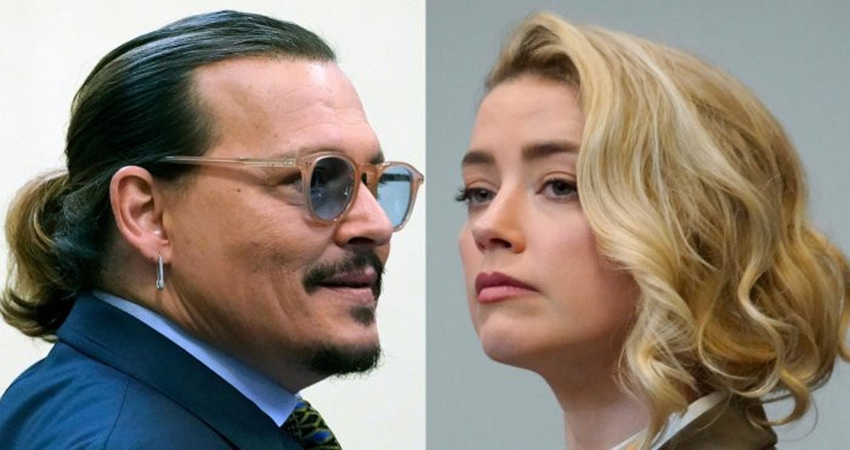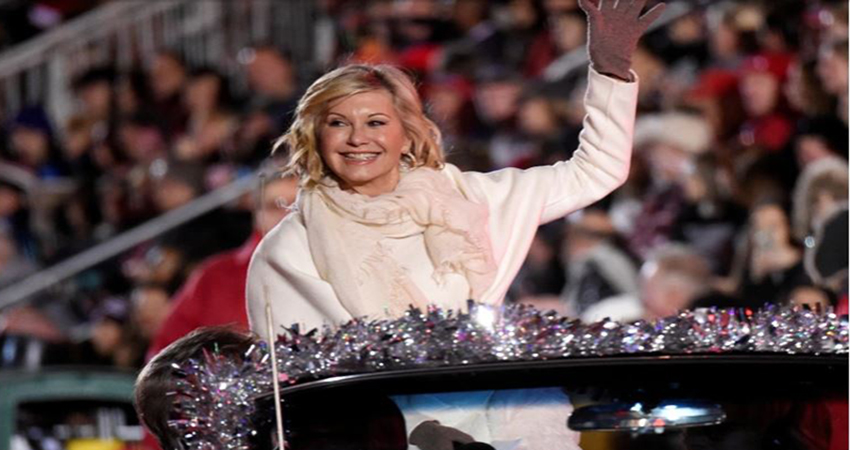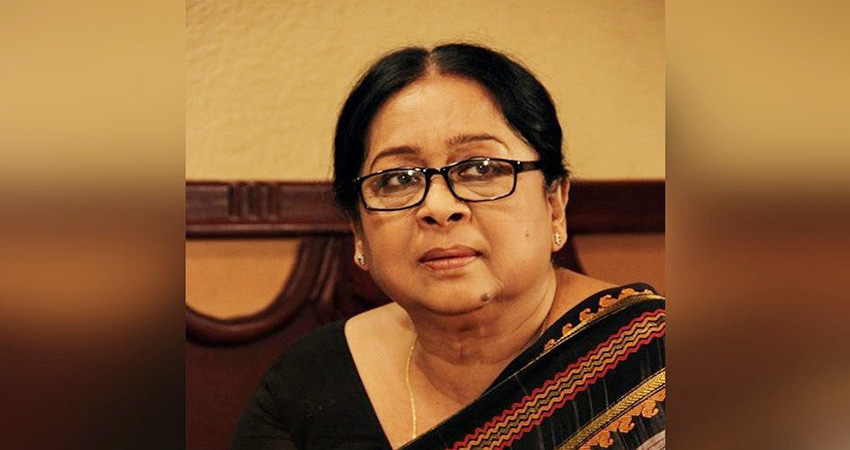Amber Heard's motion for mistrial in Johnny Depp case was rejected on Wednesday (13 July).
US Judge Penney Azcarate rejected Amber Heard's request for the high-profile defamation case involving her and her ex-husband, Johnny Depp, to be declared a mistrial. Heard lost to Depp last month, reports The Washington Post.
"There is no evidence of fraud or wrongdoing," Judge Penney Azcarate stated in the court order.
Depp sued Heard for $50 million over a 2018 Washington Post op-ed in which she described herself as a public figure representing domestic abuse (without mentioning Depp by name). Heard countersued for $100 million after a former lawyer for Depp, Adam Waldman, referred to her allegations as a hoax.
Following six intense weeks of testimony in Fairfax County Circuit Court — the trial took place in Virginia because The Washington Post's printing presses and servers are located there — a seven-person jury on 1 June found that Heard had, in fact, defamed Depp with the op-ed.
He was awarded $15 million, a sum reduced to $10.35 million because Virginia law caps punitive damages. H
eard was awarded $2 million after the jury found that Waldman had defamed Heard, one of three points made in her countersuit.
Earlier this month, Heard's lawyers filed to have a mistrial declared over multiple factors, including their claim that one of the seven jurors was not actually the person summoned for jury duty in April.
The lawyers argued that the jury panel list included someone who "would have been 77 years old at the time," but that the juror who participated was a 52-year-old with the same name who lived at the same residence.
"As the Court no doubt agrees," the lawyers wrote, "it is deeply troubling for an individual not summoned for jury duty nonetheless to appear for jury duty and serve on a jury, especially in a case such as this."
In Wednesday's court order, Azcarate denied several of Heard's post-trial motions for "reasons stated on the record" but provided a detailed explanation for why the juror's service was not reason for a mistrial.
The summons did not include a birth date, according to Azcarate, and the juror wrote their birth date on a questionnaire that "met the statutory requirements for service."
The judge noted that both parties questioned the jury panel and declared it acceptable: "Therefore, Due Process was guaranteed and provided," she wrote.
Judge Azcarate also stated that Heard's team was provided the jury list "five days prior to the commencement of the trial" and had numerous opportunities to object throughout the weeks-long proceedings.
"The juror was vetted, sat for the entire jury, deliberated, and reached a verdict," Azcarate wrote.
"The only evidence before this Court is that this juror and all jurors followed their oaths, the Court's instructions, and orders. This Court is bound by the competent decision of the jury."
Amber Heard’s motion for mistrial in Johnny Depp case gets rejected



















